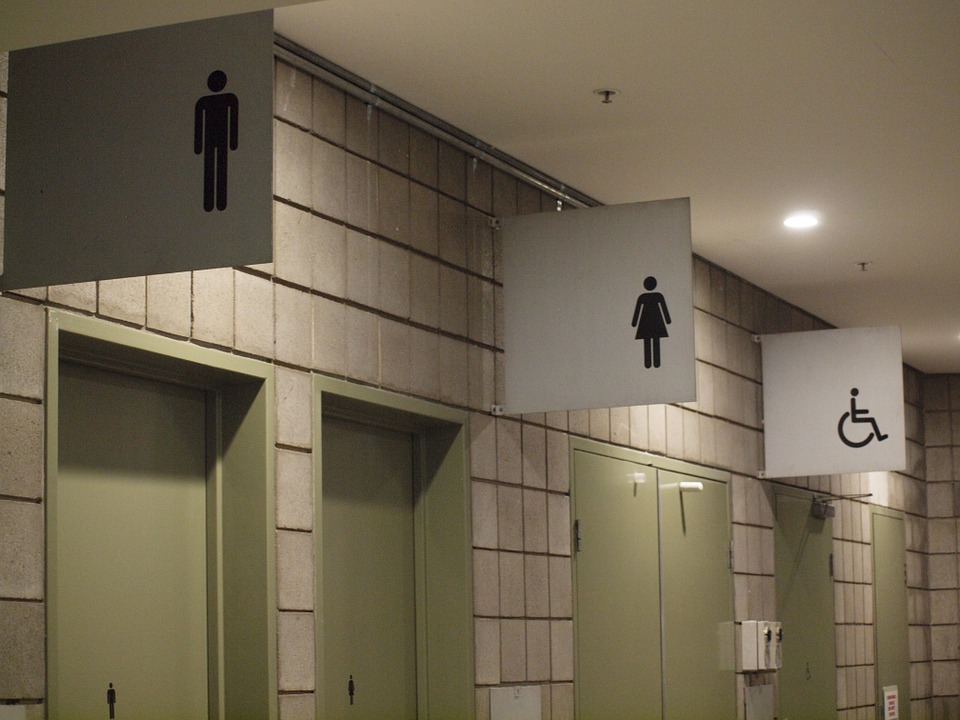Who Owns Knowledge? Examining Open Access Policies
In January of this year, activist and world-renowned computer genius Aaron Swartz took his own life. At the time of his death, Swartz, an instrumental figure in the invention of the RSS feed and the online community Reddit, was facing 35 years in prison and exorbitant fines for downloading millions of articles from MIT’s academic databases.
Swartz was a proponent of the free flow of information through the Internet, and his tragic passing garnered national attention for the issue of open access, which enables academics to publish their work for anyone to use without a paywall or password.
These kinds of policies have been growing throughout many communities, and are of the utmost importance to the world of academia. An increasing number of educational institutions are adopting an open access policy, presenting a challenge to the current system of publication.
Few college students realize that after they graduate, they lose access to the multitude of journals they utilize throughout their college career. Even fewer realize how much this access costs their universities, and that there are so many in the world to whom this information is not available at all.
While universities are considering these policies and adapting them to the ways that are best suited to each individual institution, these new concepts bring to light important questions. How would the free exchange of information shift society’s views and treatment of higher education? How can this type of infrastructure be implemented, both practically from an economic standpoint, as well as philosophically, without diminishing the validity and caliber of academic work? Should intellectual property be a public commodity? Ultimately, who owns knowledge?
These questions have the ability to fundamentally and radically shift the way we educate ourselves as a community. Now is the time to examine how we teach and learn in some of our most formative educational arenas. What are the benefits and drawbacks to open access—can we all profit when discovery is shared, or does open access too drastically alter the educational landscape? And perhaps most important to our campus—what would open access look like at DePauw?
On Monday, April 29th, at 4 PM in the Peeler Auditorium, the Prindle Institute and Roy O. West Library will be hosting a panel to discuss these questions and more. Join Alan Boyd, director of libraries at Oberlin College, Ada Emmett, visiting professor of library sciences at Purdue University and DePauw Professor Kelsey Kauffman, to learn more about the ways in which we create and share knowledge.




